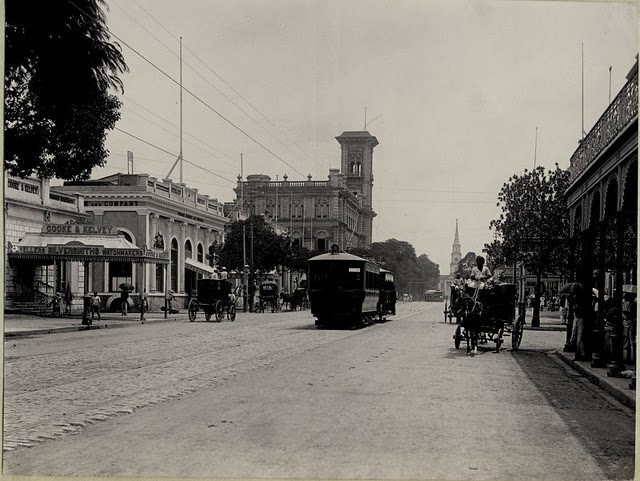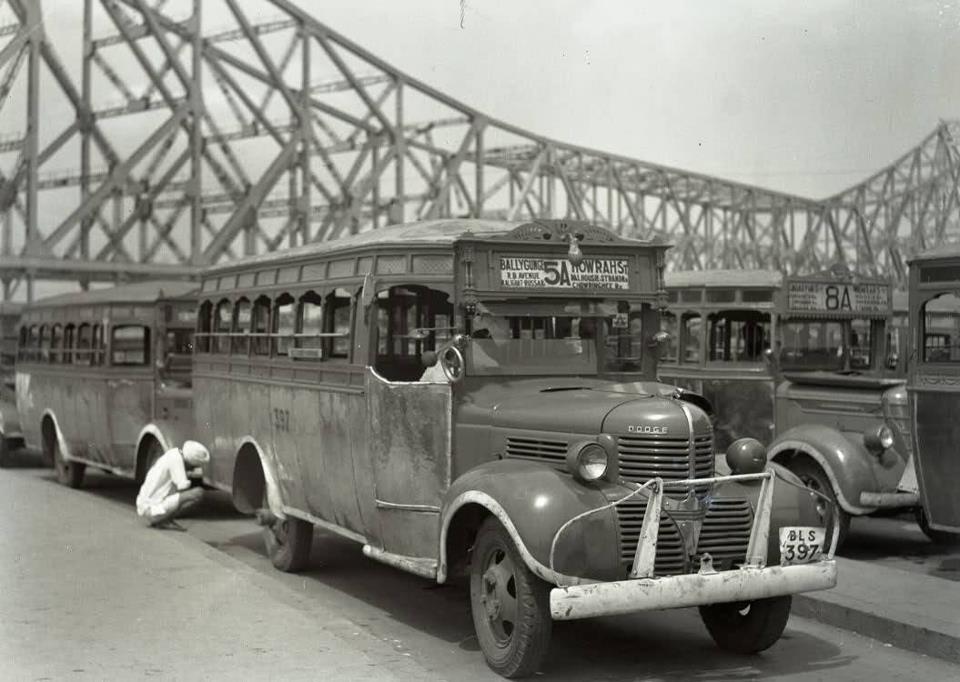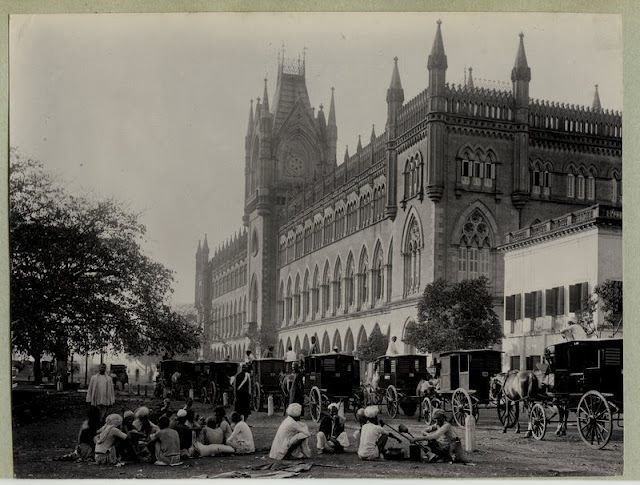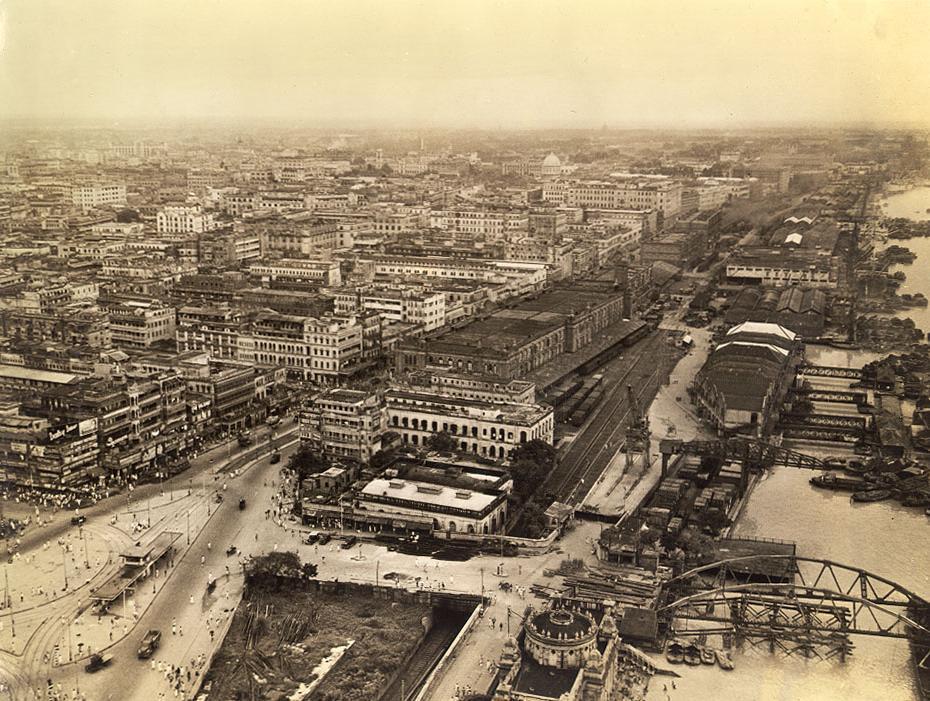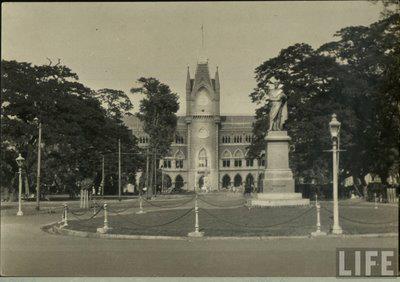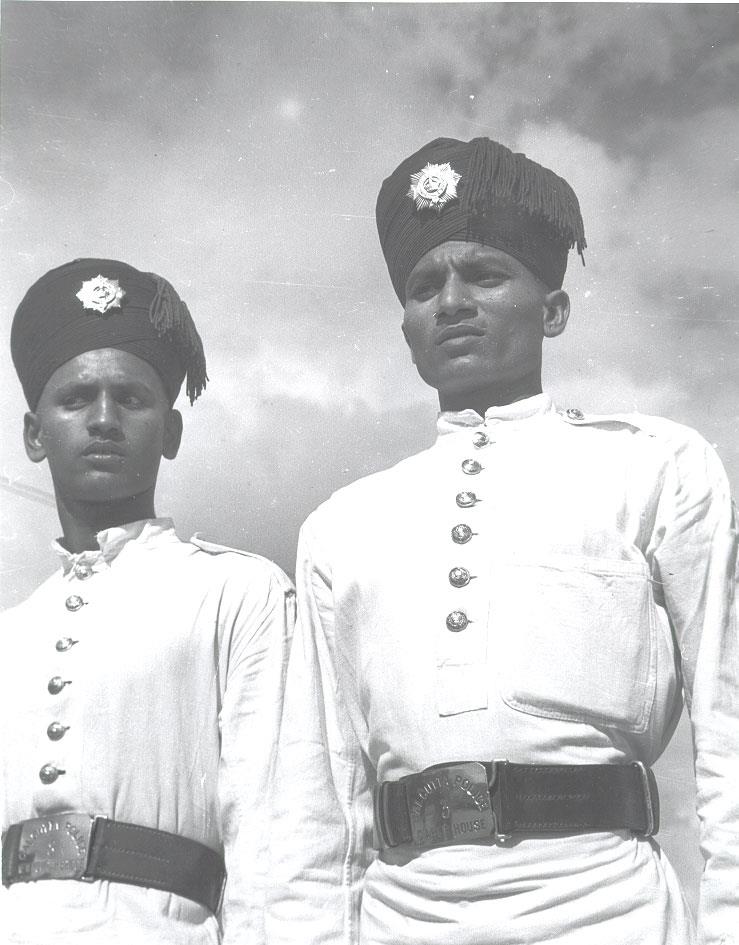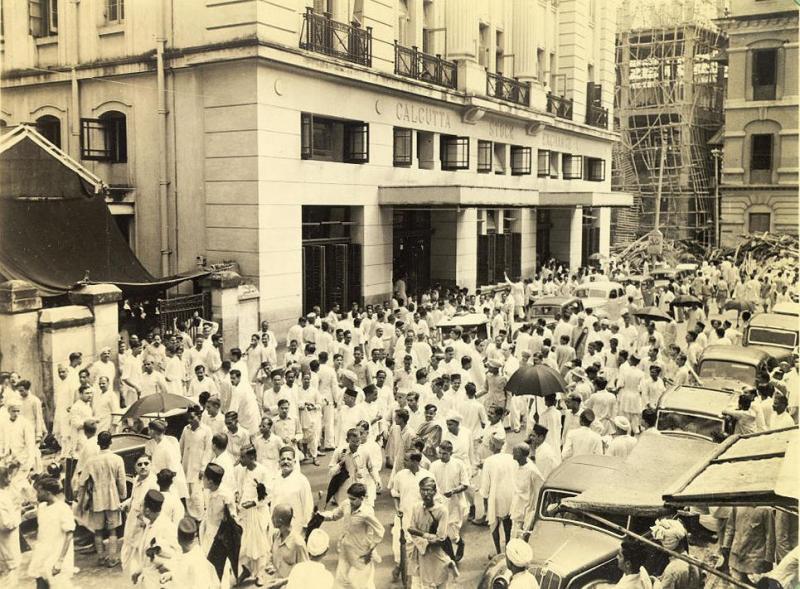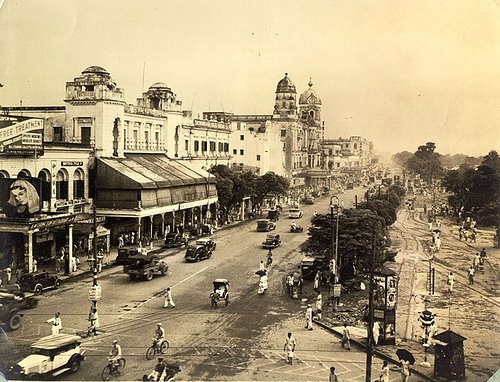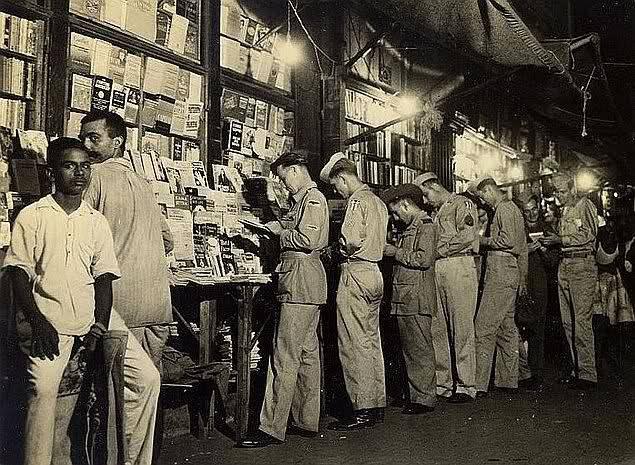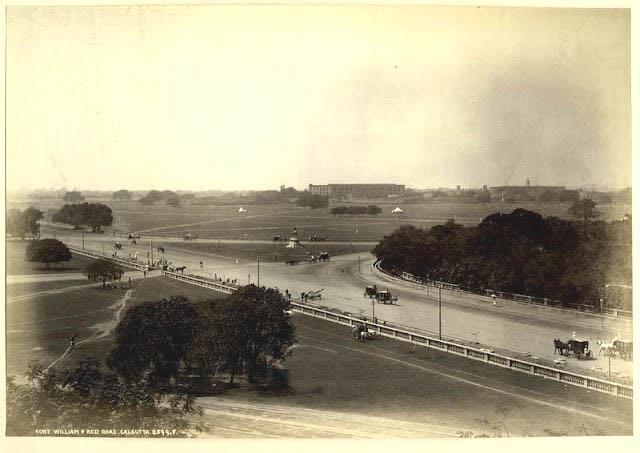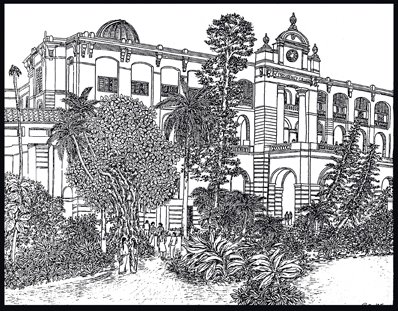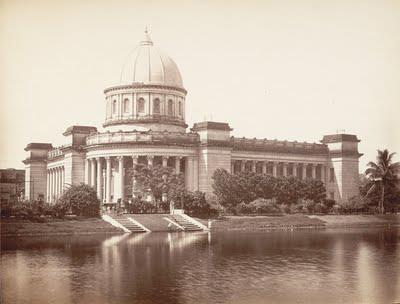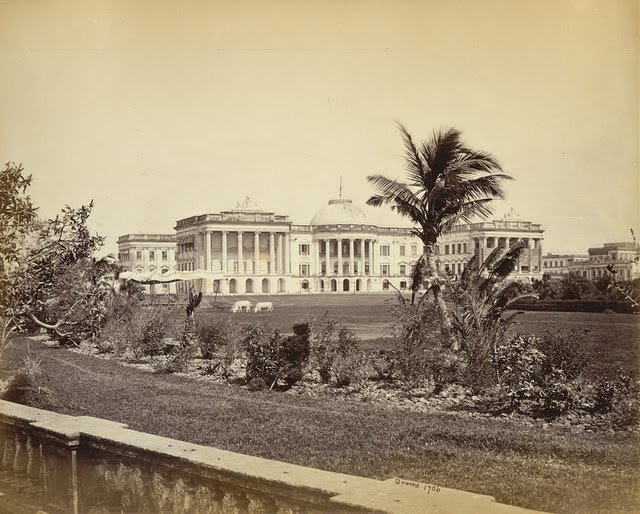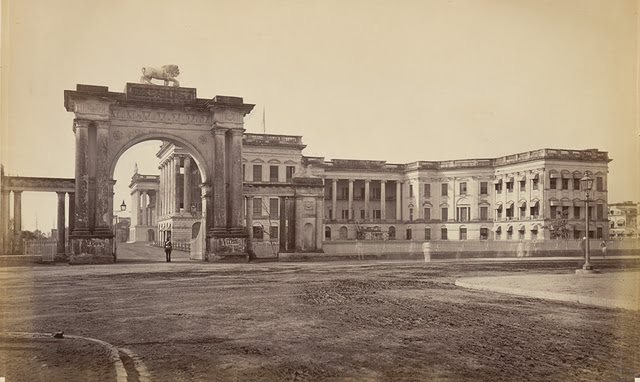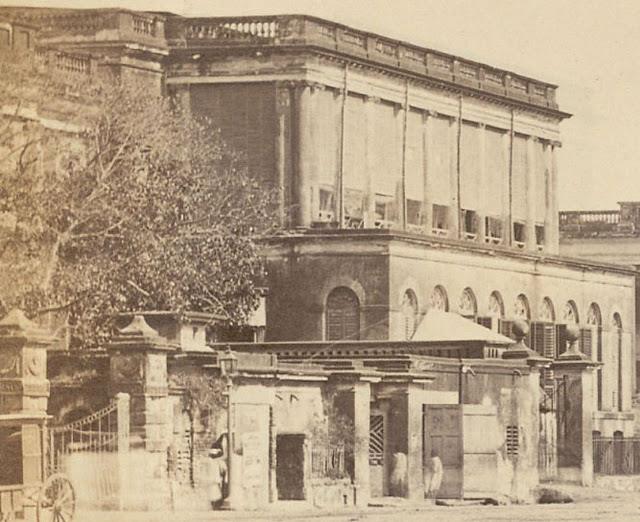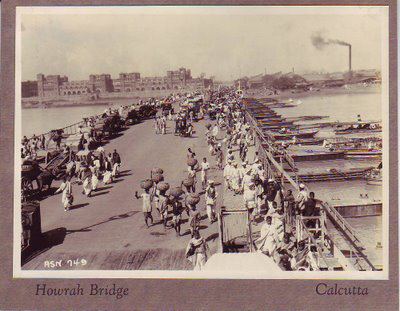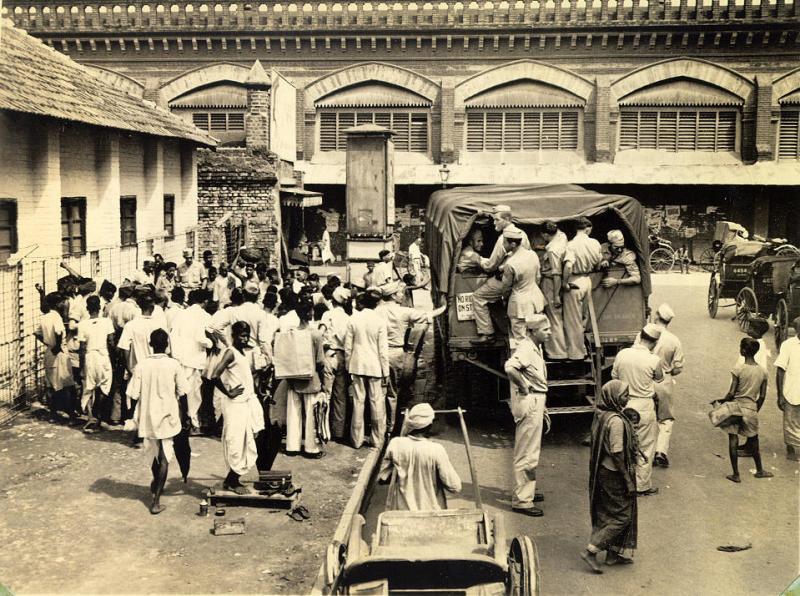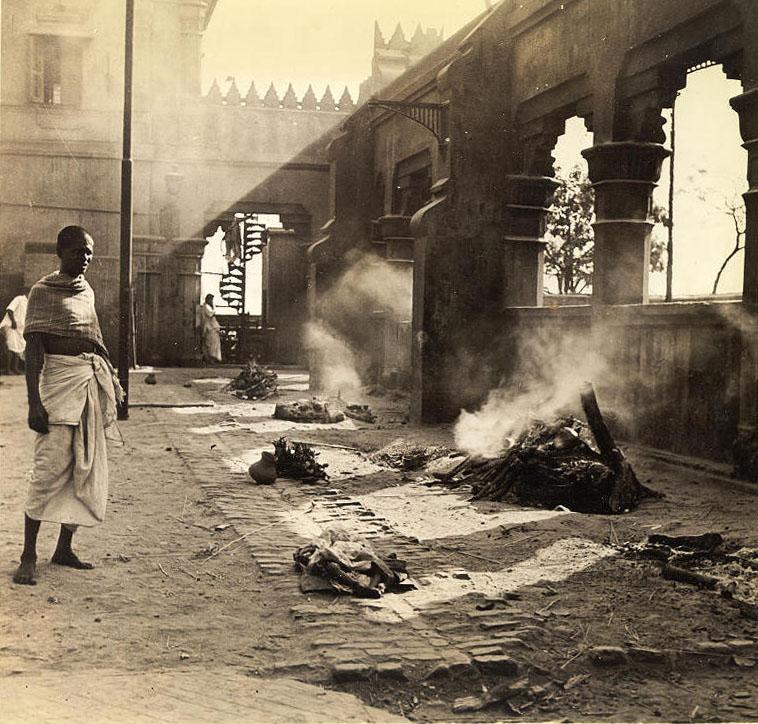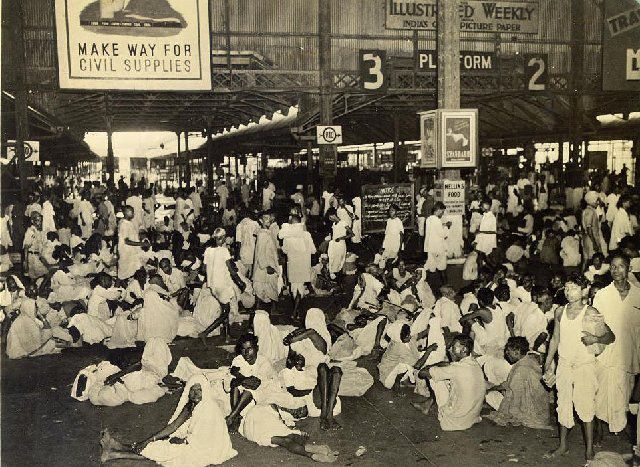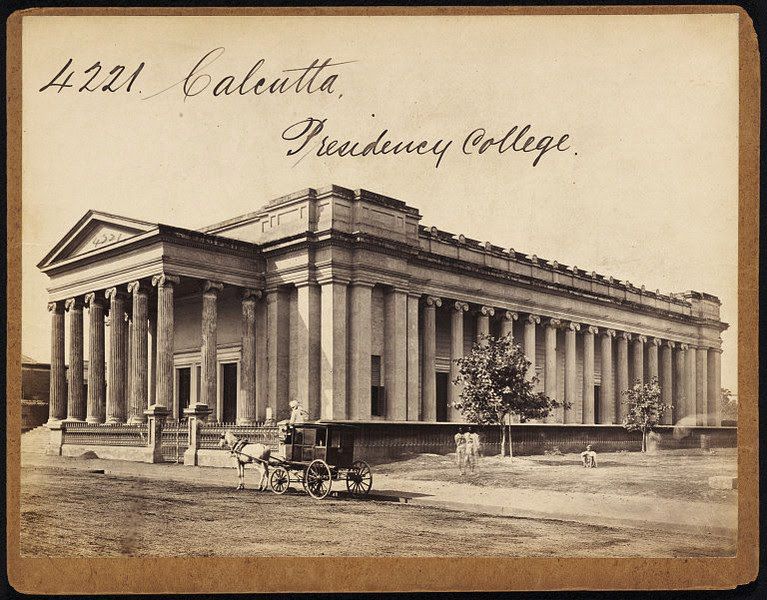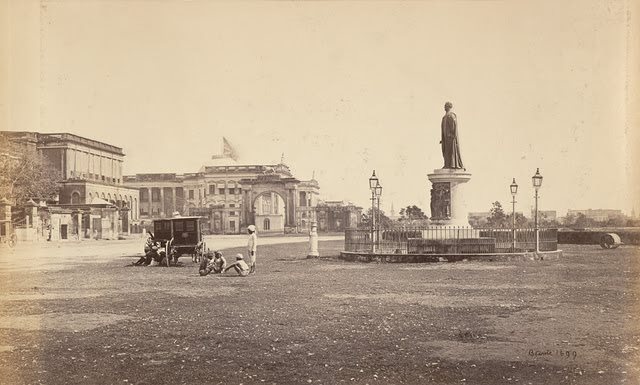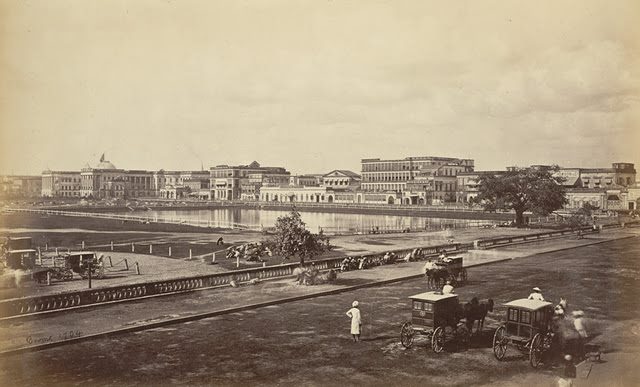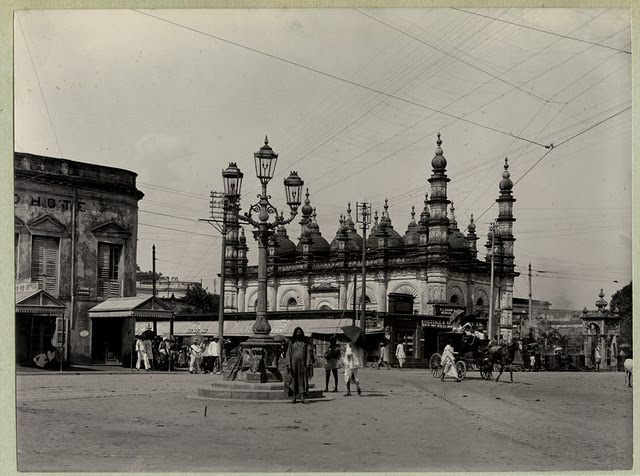The rent-roll of Akbar, a sixteenth-century Mughal emperor, and the work of a Bengali poet, Bipradaas, of the late fifteenth century, both make mention of the city’s early name being Kolikata, from which Kolkata/Calcutta are said to derive.
There is lot of discussion on how the city got its name. There are different views on the issue. The more popular one is that the city got its name from the Hindu goddess Kali.
The city High Court recently gave a ruling that Job Charnock, a Briton earlier believed to be the founder of the city is not the founder of the city and Calcutta has no birthday. According to the Court, the city owes its genesis in the Maurya and Gupta period and it was an established trading post long before the Slave Dynasty of the Delhi Sultanate, the Mughals, the Portuguese, the French or the British established a modern township there. References to the existence of an ancient riverine port (named Kalikata) exist in the travel journals of Chinese scholars and Persian merchants dating from centuries BCE. The Hindu epic Mahabharata, lists the King of “Vanga”, as having fought alongside the Kauravas in the great war.
In spite of the High Court ruling, it is a fact that one of the earliest modern settlement in the city took place when in 1690, Job Charnock, an agent of the English East India Company chose the place for a trade settlement. In 1698, the East India Company bought three villages (Sutanuti, Kolikata and Gobindapur) from a local landlord. The next year, the company began developing the city as a Presidency City. In 1727, as per the order of King George I, a civil court was setup in the city. The Calcutta municipal corporation (recently renamed as ‘Kolkata Municipal Corporation’) was formed and the city had its first mayor.
Journey From British Rule To Independence
The three villages, in particular Kalikata, where Calcutta is located, came into the possession of the British East India Company in 1690 and some scholars like to date its beginnings as a major city from the construction of Fort William by the British in 1698, though this is debated. From 1858 to 1912, Calcutta was the capital of British India. From 1912 to India’s Independence in 1947, it was the capital of all of Bengal. After Independence, Calcutta remained the capital of the Indian state of West Bengal.
The word Kolkata derives from the Bengali term Kolikata [ˈkolikat̪a] (কলিকাতা), which was the name of one of three villages that predated the arrival of the British and were in the area where the city was to be established; the other two villages were Sutanuti and Govindapur.[8] The term Kolikata is thought to be a variation of Kalikkhetro [ˈkalikʰːet̪ro] (Bengali: কালীক্ষেত্র), meaning “Field of [the goddess] Kali”. Alternatively, the name may have been derived from the Bengali term kilkila (Bengali: কিলকিলা), or “flat area”.[9] The name may have its origin in the words khal [ˈkʰal] (Bengali: খাল) meaning “canal”, followed by kaṭa [ˈkata] (Bengali: কাটা), which may mean “dug”.[10] According to another theory, the area specialised in the production of quicklime or koli chun [ˈkolitɕun] (Bengali: কলি চুন) and coir or kata [ˈkat̪a] (Bengali: কাতা); hence, it was called Kolikata [ˈkolikat̪a] (Bengali: কলিকাতা).[9] While the city’s name has always been pronounced Kolkata [ˈkolkat̪a] (Bengali: কলকাতা) or Kolikata [ˈkolikat̪a] (Bengali: কলিকাতা) in Bengali, the anglicised form Calcutta was the official name until 2001, when it was changed to Kolkata in order to match Bengali pronunciation.[11]



